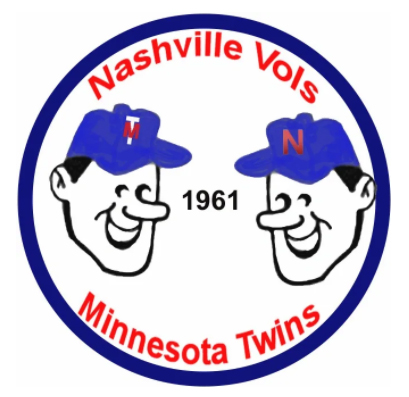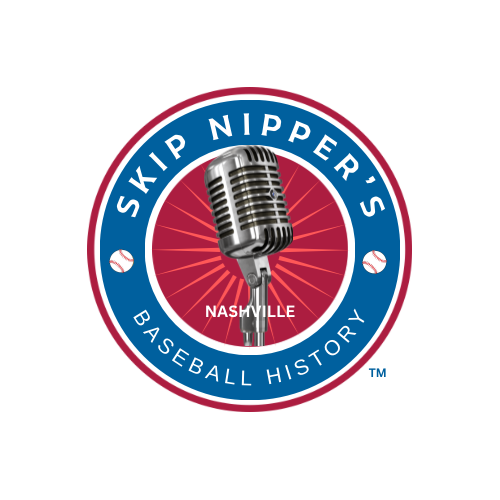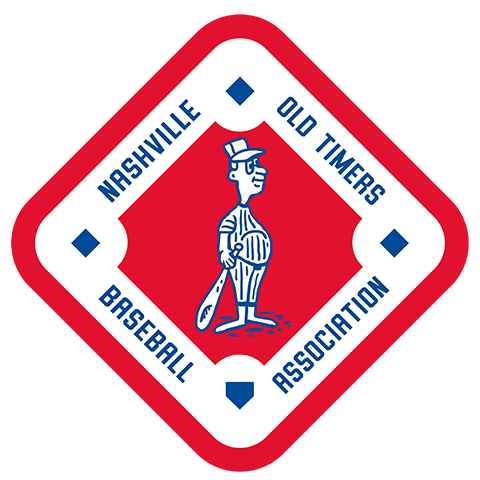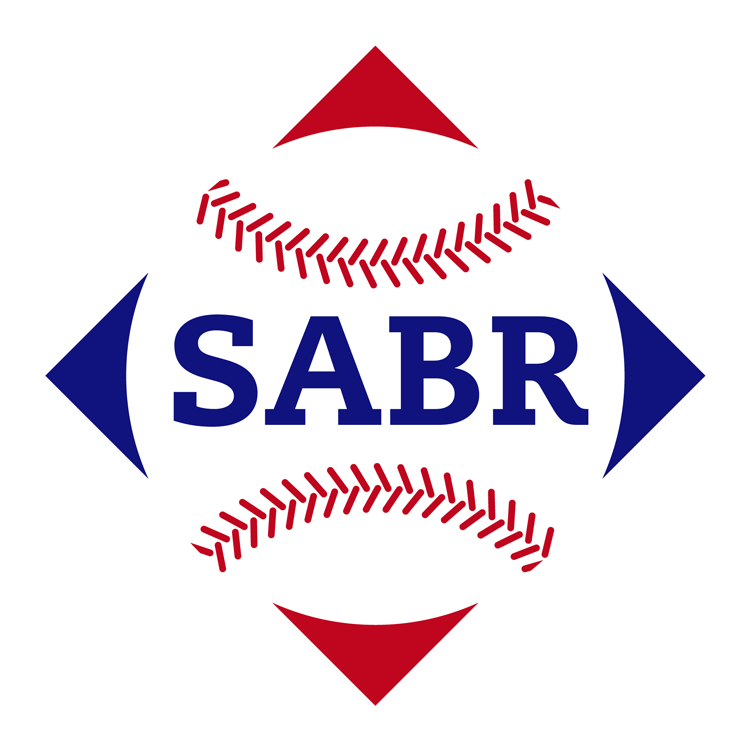
The Dodgers’ move to Los Angeles and the Giant’s move to San Francisco after the 1957 season created a ripple effect down to the minor leagues, especially to the Southern Association. Robert F. Wagner, New York’s mayor, was not going to stand for the loss of two major league teams in the largest city in the United States, and formed a committee to see what could be done to replace them.
On July 27, 1959, the committee named five cities to become members of the new Continental League: New York City, Denver, Toronto, Minneapolis-St. Paul, and Houston, and a few months later, Atlanta, Dallas-Fort Worth, and Buffalo. Branch Rickey became president and announced teams could be expected to play in 1961.
Major League Baseball realized it had overlooked vital markets, and went to work to consider expansion into new cities. In August of 1960, the National League proposed adding four of the Continental League’s teams and the proposed league folded. The NL proposal ended when the American League beat their rival to expansion as two AL expansion franchises were awarded to begin playing in 1961: Los Angeles and Minneapolis. The National League followed suit and named Houston and New York City as its newest members to join in 1962.
Calvin Griffith, the owner of Washington’s storied ballclub, felt his club could no longer have success in its home of 60 years. He asked the American League to allow him to move his team to Minneapolis, and the AL decided to award the second franchise in Washington, D. C. to become the other new member.
The expansion created a shift in affiliations throughout the majors, and by 1961 the Southern Association, on its last legs with low attendance, had to face issues it had not faced before. Failure to integrate (except for a token appearance by Nat Peeples in two games for the Atlanta Crackers at Mobile in 1954 – but that’s another story) especially spelled doom for the 60-year-old league. Major League clubs would no longer be going to send players down to a league which not integrated.
Nashville, a member of the league since 1901, was on its last legs, too. In an attempt to keep the franchise going, a corporation, Vols, Inc., was formed in the fall of 1958 to acquire the floundering Nashville club from owner Ted Murray. Fans flocked to purchase 4,876 shares at $5.00 each to build the treasury and pay Murray for his ownership in the Nashville Vols and their ballpark, Sulphur Dell. Curiously, Murray bought shares in Vols, Inc., too.
Nashvillian Jim Turner, recently told that his contract as pitching coach of the New York Yankees would not be renewed, was coaxed to become general manager and field manager of the Vols for the 1960 season, replacing Dick Sisler. Sisler was counted on to be the savior of local baseball, but he left for Seattle after three years at the helm. Turner was brought in to become the next hero to save baseball in the city, but when club attendance and field performance failed, he bailed and became the Cincinnati Reds pitching coach in 1961.
Meanwhile, the new Minnesota Twins were looking for a Triple-A team, as Charleston had bowed out of the American Association in January of 1961. Rumors began to float that Nashville was being eyed as a potential affiliate city for the Twins. In an article in the January 19, 1961 edition of the Minneapolis Star, Minnesota general manager Sherry Robertson responded to reports.
“We would go into the Southern Association only as a last resort,” he said, “Nashville’s park isn’t a good place to develop players. And then, and this is important: The Southern bars Negroes, and we have several. That is one of Nashville’s biggest problems in getting an agreement. If a club can’t send its Negro players there, it doesn’t want the tie-up.”
Reds general manager Gabe Paul had said the same thing when he pulled Cincinnati’s affiliation at the end of the 1960 season, and it appeared minor league baseball in Nashville was finished.
An agreement was signed for Montreal to become the Twins’ highest-ranking minor league affiliate, and Minnesota reluctantly came to Nashville’s rescue. On the brink of extinction, Vols, Inc. directors agreed to a working agreement proposal from the Twins which would ease the burden of operating the Vols ball club:
- Spring training for the Vols in Fernandina Beach, Florida alongside the Twins
- To pay spring training expenses for Nashville’s players, including housing, food, and instruction
- To pay all above $500.00 a month in salaries of optioned players
- To pay all above $650.00 a month in salaries of players assigned outright to the Vols
- To pay part of the unnamed field manager’s salary, as long as the Twins appointed him from within their organization
Spencer “Red” Robbins was named player-manager on February 15, 1961, taking the helm of a ballclub that appeared to be doomed before the season began. New Orleans bowed out and Macon became a member of the league, replacing the Pelicans who had been a league member since 1901. The move did not help.
Four Nashville players, Joe Christian (.336), Ev Joyner (.308), Rod Kanehl (.304), and Bob Meisner (.303) lead the team in hitting, but pitching was woeful with only two players getting ten wins, and the entire staff had a 4.52 ERA. The club finished in sixth place in league standings with a 69-83 record, 21 games behind the pennant-winning Chattanooga Lookouts, but nothing could help the ailing Vols franchise. Only 64,460 fans attended games at Sulphur Dell, a drop of nearly 37% from the previous season, and the decline continued across the league.
Minnesota’s attempt to keep the Nashville club alive was pre-emptive of Robertson’s honest prediction that came true. Along with the failure to integrate, woeful attendance and the hesitation of major league teams to participate more equitably in the paying of players and minor league expenses contributed to the dissolution of the storied league at the end of the 1961 season.
Sources
Baseball-reference.com
Nashville Tennessean
Newspapers.com
Sabr.org
© 2019 by Skip Nipper. All Rights Reserved.



